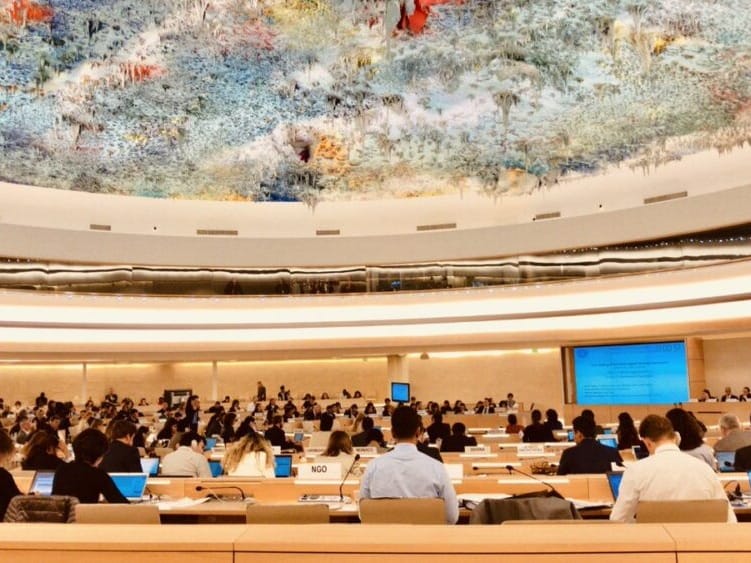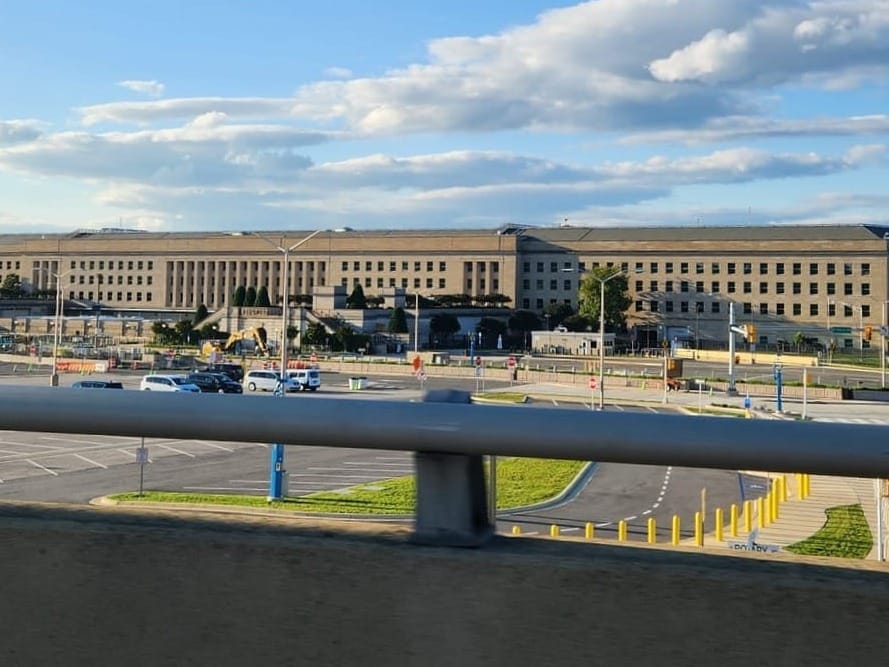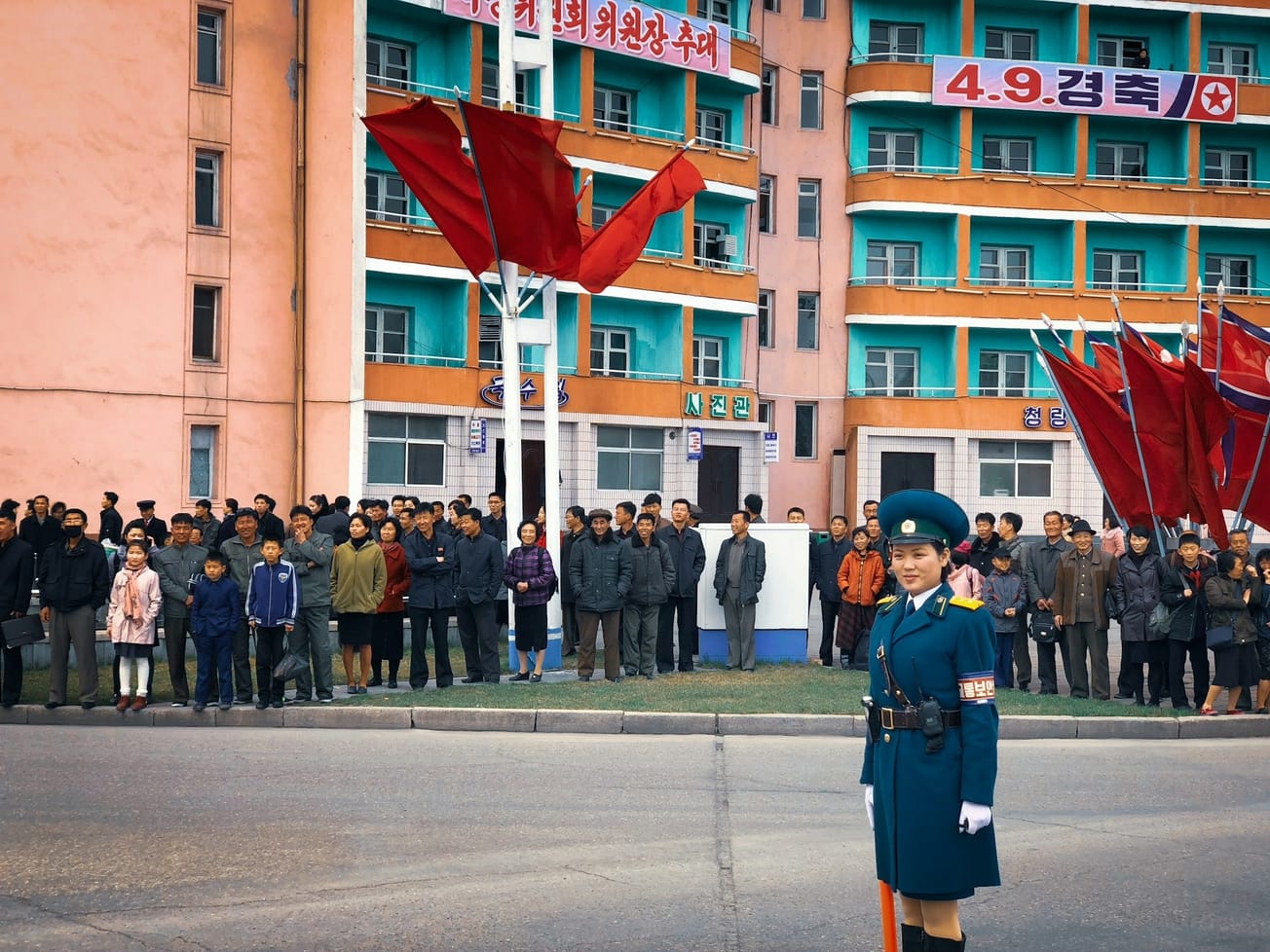GENEVA (AN) — Saudi dissident journalist Jamal Khashoggi's murder hung over a review of Saudi Arabia's troubled human rights record, with nations repeatedly calling for a proper investigation into his killing.
Diplomats from nations including Canada, Croatia, Denmark, Germany, Iceland, Ireland, Italy and Japan demanded a credible and transparent investigation into the apparent murder of Khashoggi, a Washington Post contributor, inside the Saudi consulate at Istanbul, Turkey on Oct. 2.









